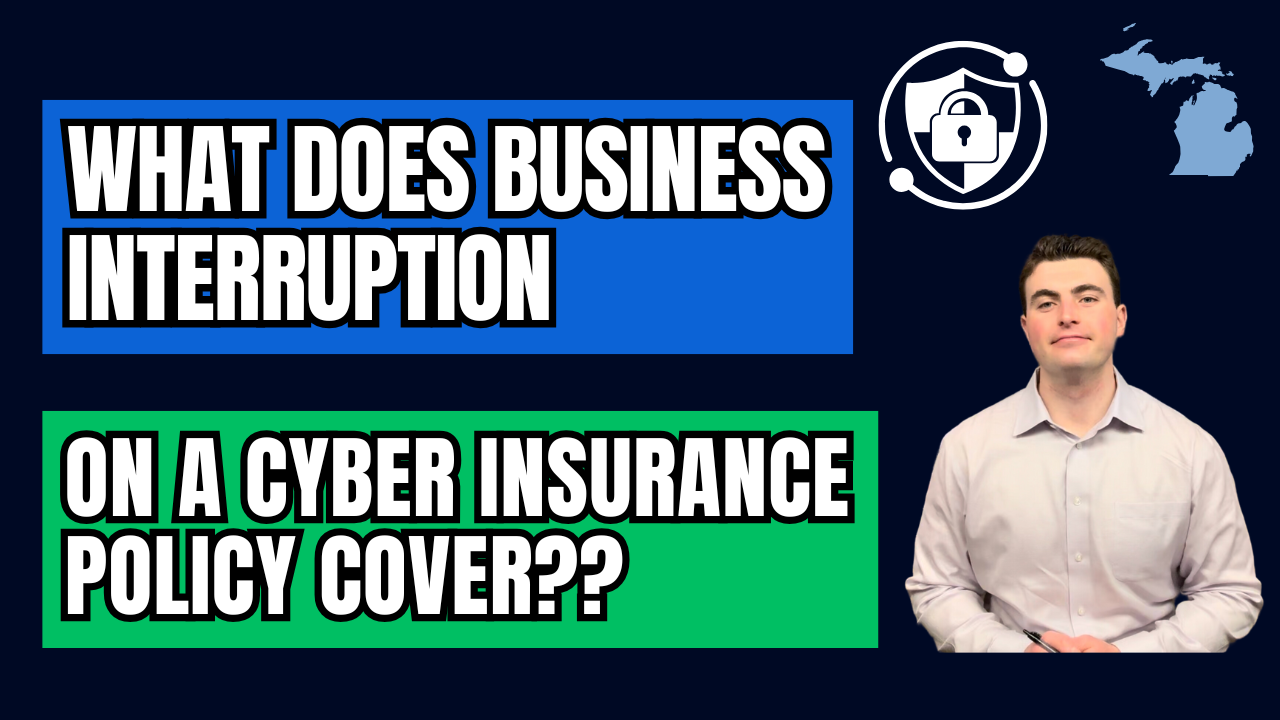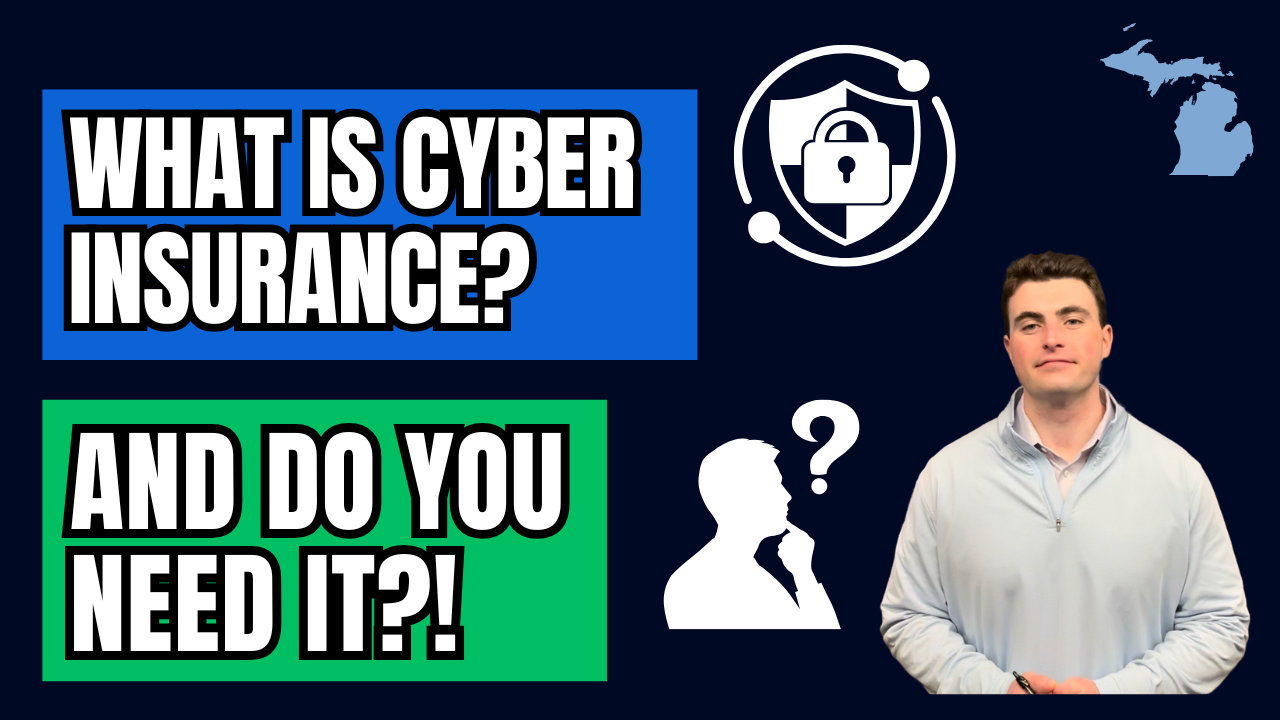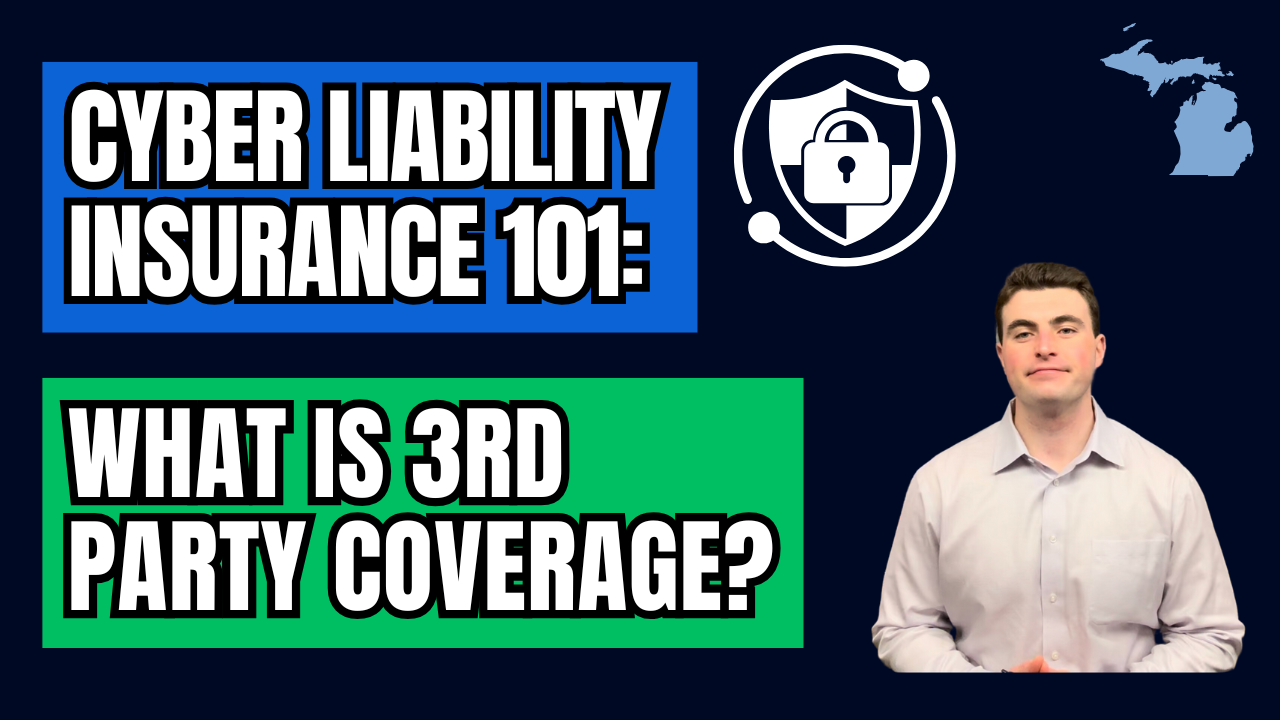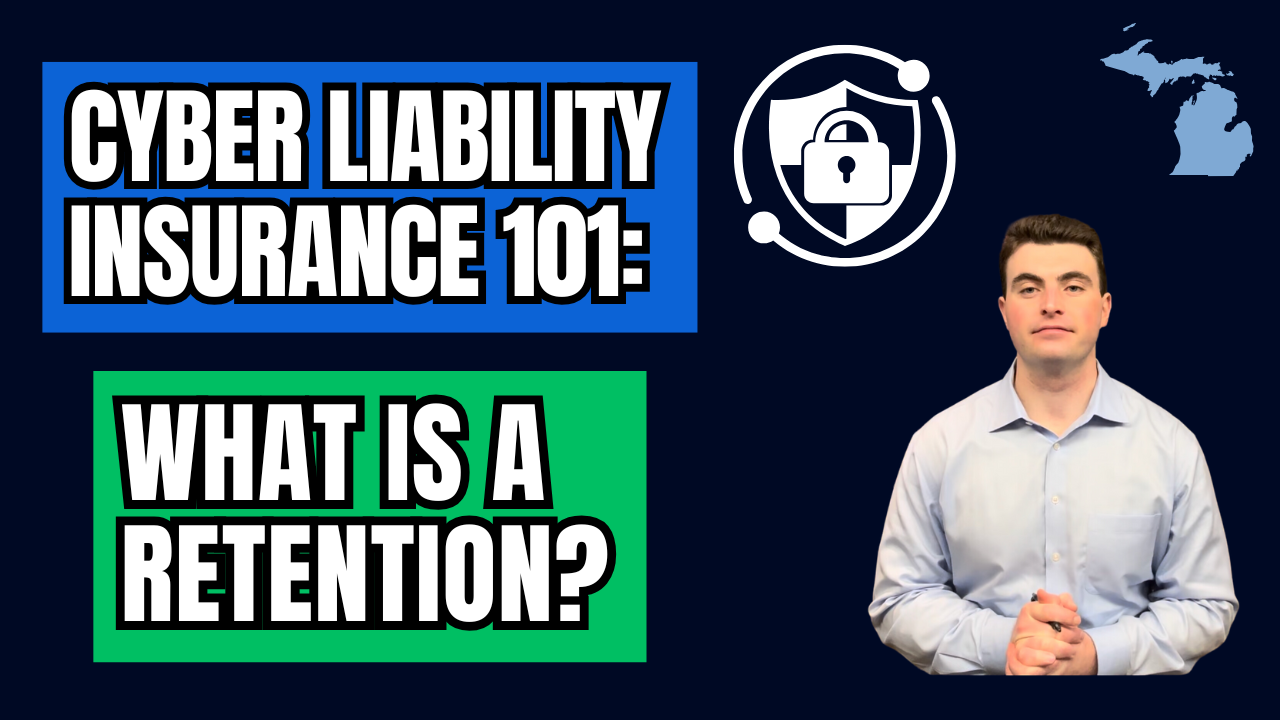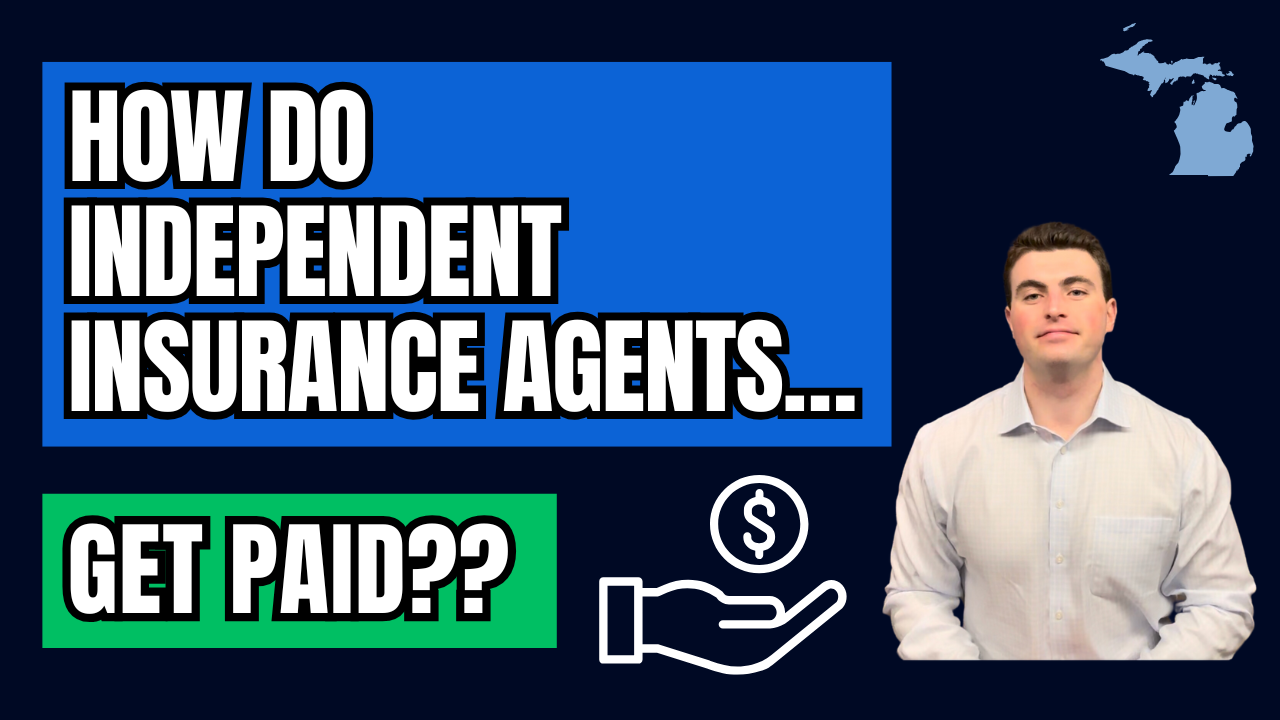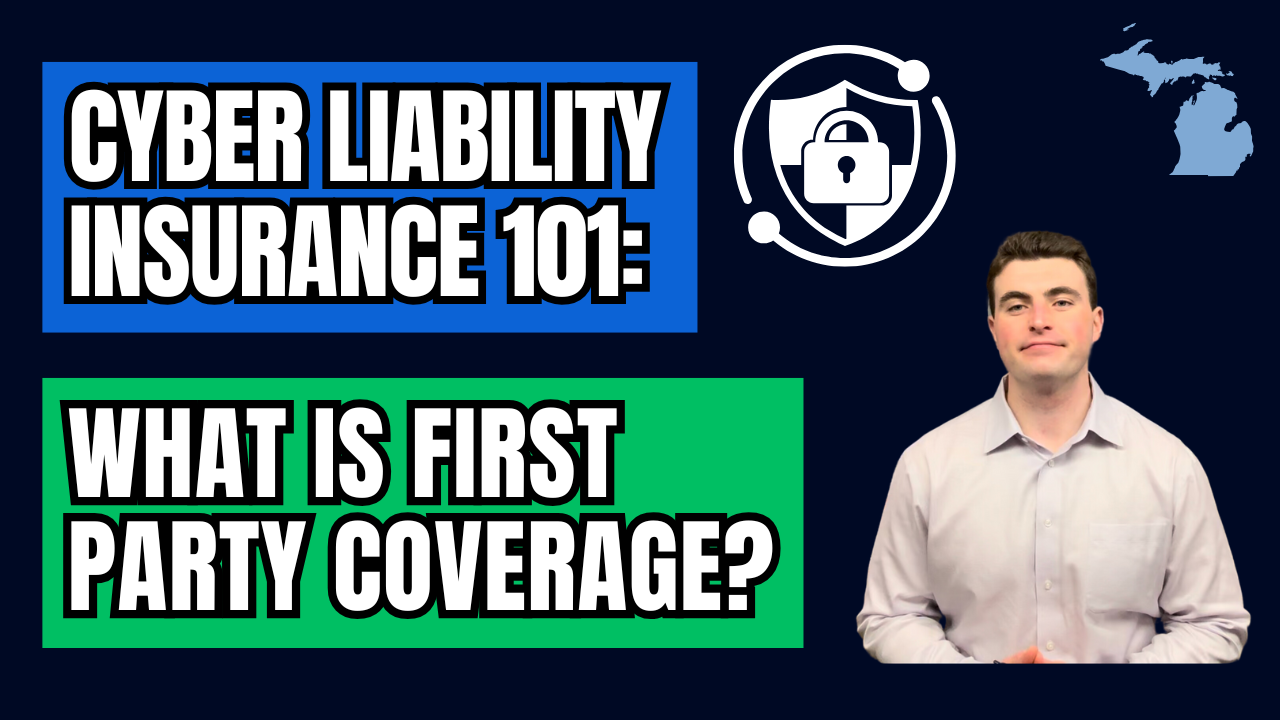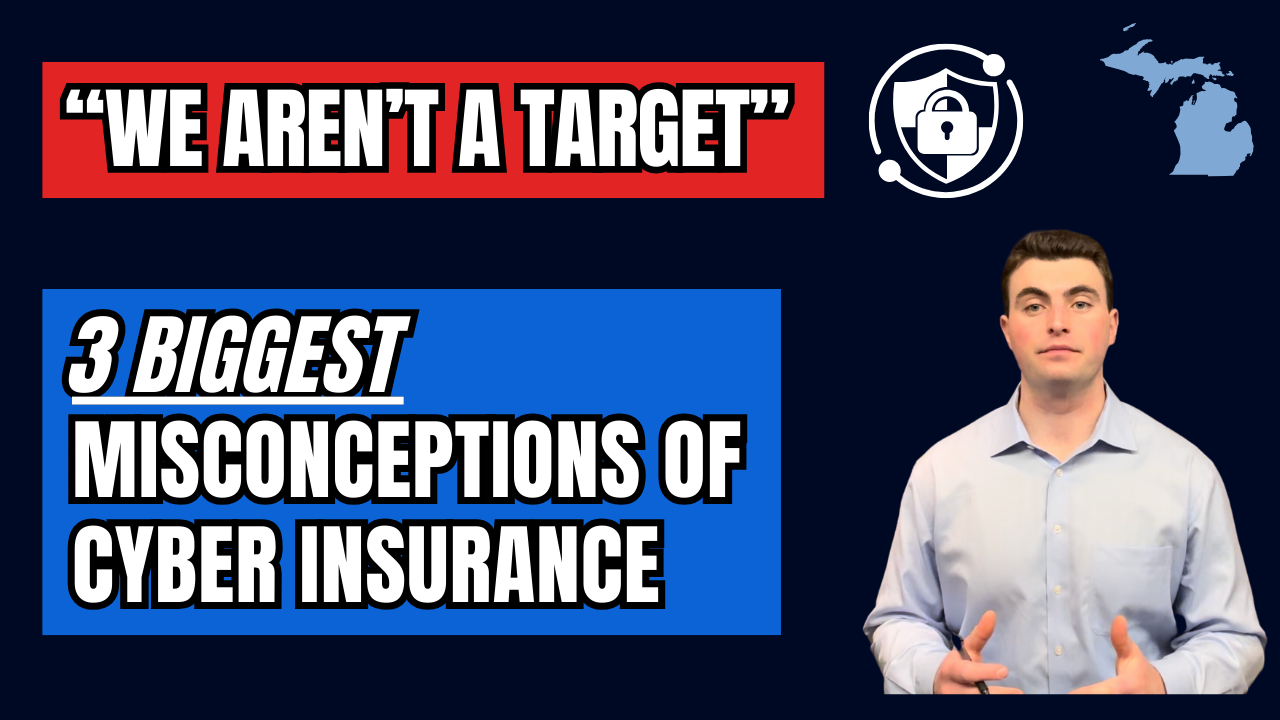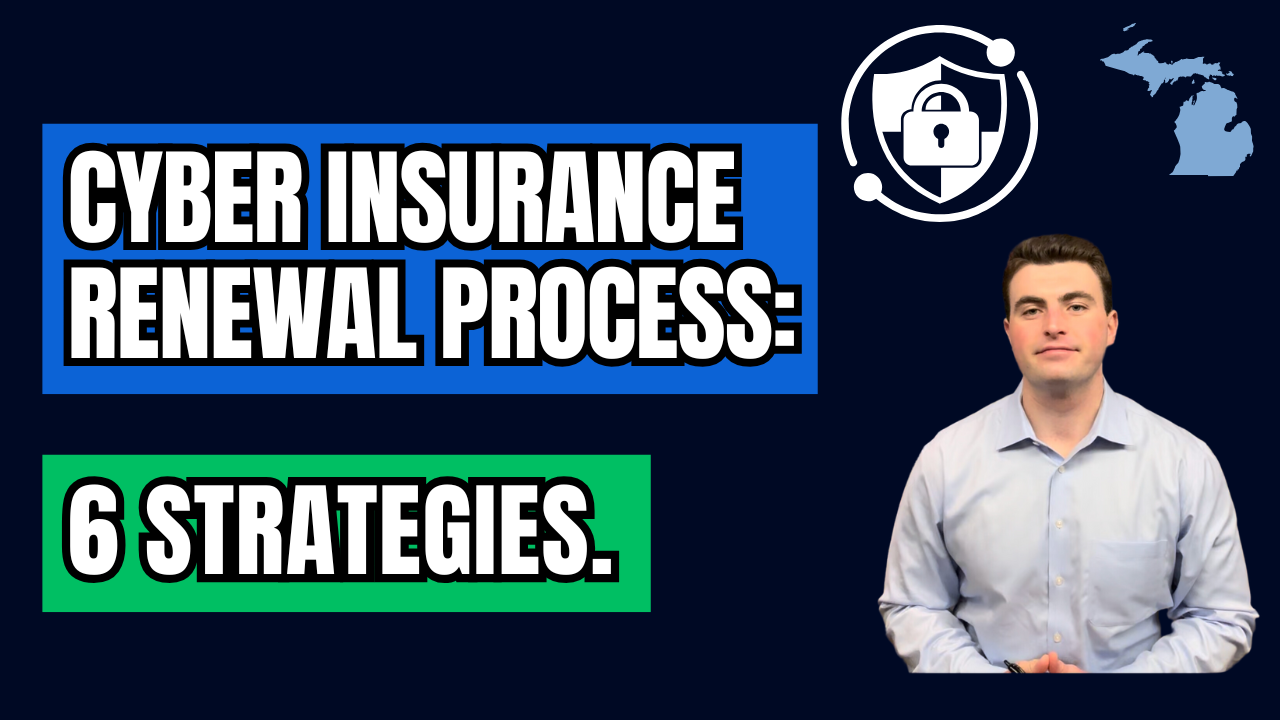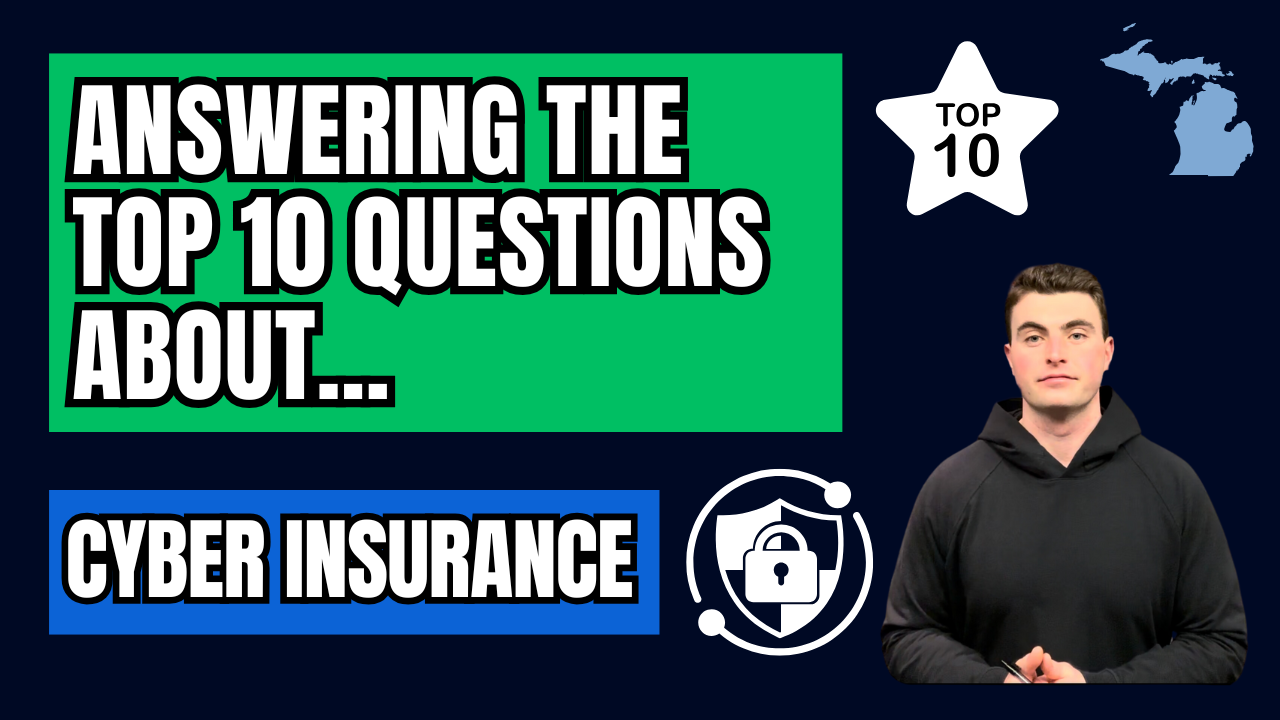Do I Need To Buy Insurance From the Rental Car Company? (No...But Maybe?)
Do I Need To Buy Insurance From the Rental Car Company? (No...But Maybe?)
If you’ve ever stood at the rental car counter and been asked, “Would you like to purchase our insurance coverage today?”, you’ve probably hesitated—wondering if it’s necessary or just an upsell.
The truth? You may not need to buy rental car insurance… but in some cases, it might be a smart move.
Let’s break it down.
Does Your Auto Insurance Cover Rental Cars?
In most cases, yes.
If you have an active personal auto insurance policy, coverage typically extends to rental cars used for personal use within the United States. That means if you rent a car for a vacation or business trip (non-commercial use), your existing coverage often kicks in.
✅
Liability Coverage – If you cause an accident, your liability coverage usually follows you to the rental.
✅ Collision & Comprehensive – If your own vehicle has these coverages, they likely extend to the rental as well.
But—and this is important—always confirm with your insurance company. Different policies and insurers have different terms, and assuming you’re covered can lead to costly surprises.
So Why Would You Buy the Rental Car Company’s Insurance?
Even though your policy might extend, there are two key reasons people choose to buy insurance directly from the rental company:
1. Avoid Using Your Own Insurance
If you damage a rental car and file a claim through your own insurance:
- Your deductible applies
- The claim goes on your record
- It could impact your future premiums
When you buy coverage through the rental car company—often called a Collision Damage Waiver (CDW)—any damage or theft claim is handled directly through them. That means your insurance stays untouched.
Read: Top 10 Reasons to Purchase the Rental Car Damage Waiver
2. Cover Potential Gaps in Your Policy
There may be coverage gaps in your personal policy that rental insurance fills, such as:
- Loss of use fees (charged by the rental company for lost revenue while the car is being repaired)
- Diminished value (the loss in resale value after an accident)
- Administrative fees from the rental company
Some insurers may not pay these—or only pay a portion.
Related reading: Should You Buy the Rental Car Damage Waiver?
My Rule of Thumb for Rental Car Insurance
As an insurance agent, here’s the advice I usually give:
- If you have a personal auto policy, you’re probably covered—but verify with your insurer.
- Be aware of any gaps in coverage and understand the impact of a claim on your insurance history.
- If you want peace of mind and don’t want to deal with claims, deductibles, or your rates going up, buy the rental company’s coverage.
Personally, I tend to be cautious and will often purchase the extra coverage when I rent a car—especially for short trips when the cost is relatively low.
Bonus reading:
“Does Your Personal Auto Policy Cover Rental Cars? Answer: No!”
Comparison of Rental Car Policies
Rental Car Advice: Read Before You Rent a Car
Final Thoughts: It’s Not Always a “Yes” or “No”
At the end of the day, there’s no one-size-fits-all answer. The best choice depends on your current insurance coverage, your comfort with risk, and the details of the rental agreement.
If you want to avoid using your personal policy—or want extra protection—buying the rental company’s insurance may be worth it.
Need Help Reviewing Your Auto Insurance Before You Rent?
📞 Contact us today for a quick review of your current coverage. We’ll help you understand what’s covered—and what’s not—so you can rent with confidence.
Contact Us
We will get back to you as soon as possible.
Please try again later.
